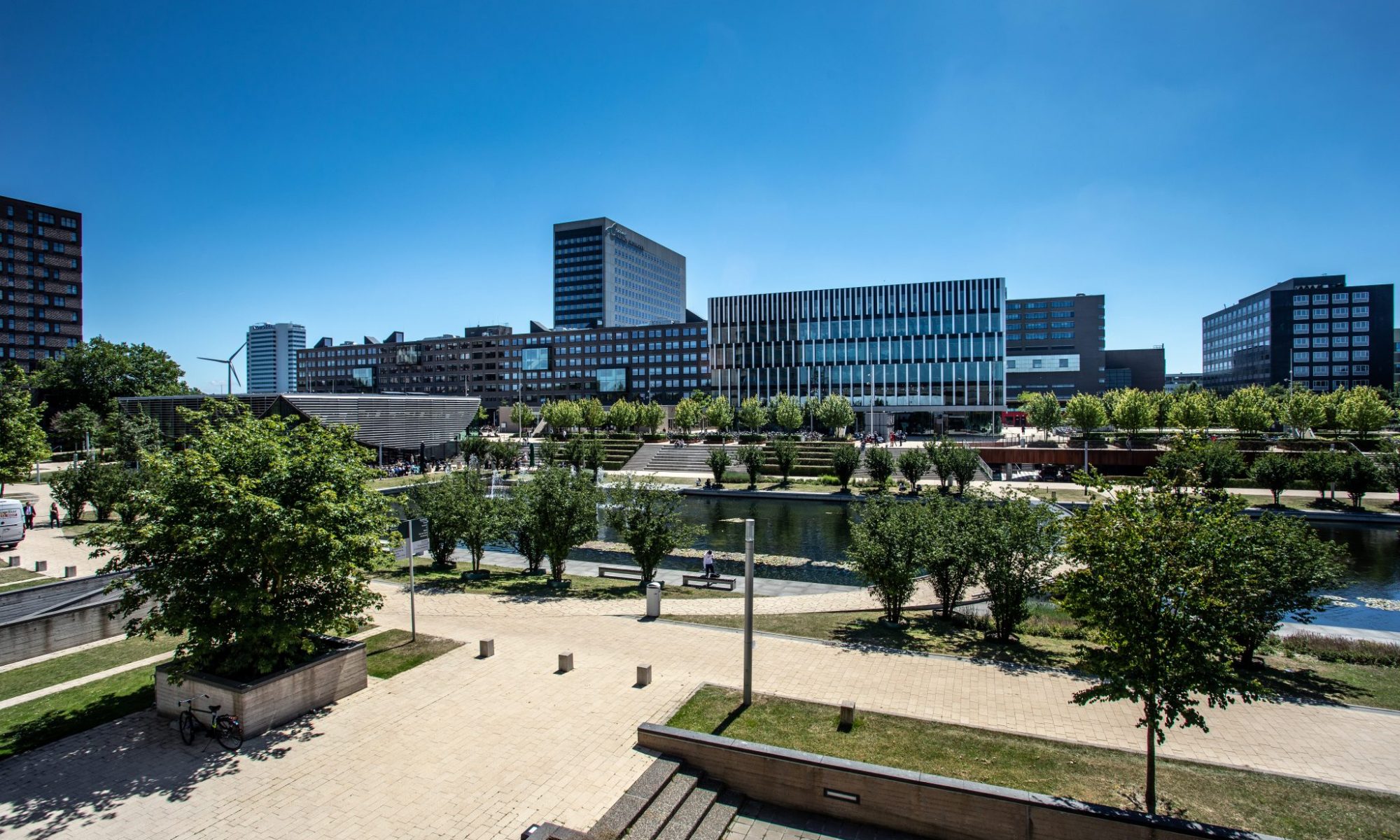Programme leaders are best placed to integrate the myriad of issues around sustainability into Business School content, say ESSEC Business School’s Carina Hopper and Johanna Wagner
Chances are that you have been hearing talk of sustainability and the need for Business Schools to do more to bring forth a new generation of business leaders that are more environmentally and socially inclined than their predecessors. In the broader context of society, we might ask who is responsible for driving this change. While there are many factors at play, we would be doing a disservice to Business Schools to deny their unique influence on the minds they help form. Once set to work these minds can influence society through diverse channels as business leaders and informed citizens in positions of power.
An initial exploration of the topic of sustainability content in management education raises many questions. What change are we looking for? Which strategy will create the greater impact – offering a specialised sustainability diploma to a minority of students, or introducing sustainability fundamentals to the majority? Is the main objective to impart knowledge, or to convince students to care? Who, within the institution, should be responsible for taking the lead on sustainability education? In this article, we propose answers to these questions in an effort to accelerate change.
The changing landscape of business and society
Among other things, Business Schools teach their students to become reliable problem solvers. They give them the techniques and the confidence to approach challenging business situations with a strategic mindset, ideally one that drives innovation and a sense of progress for the company.
These challenging situations have traditionally been about the bottom line and increasing shareholder value through return on investment. Today, however, not only is the concept of shareholder primacy under question, but also the shareholders themselves are increasingly supporting more sustainable business practices. This is due to developments in the regulatory environment at national and supranational levels as well as a search for purpose both from employees and customers.
In turn, these transformations are creating greater demand for new skills and competencies to move organisations forward in a context of growing uncertainty and constraints. While recruiters are seeking candidates who are ready to navigate and help shape this evolving business ecosystem, millennials are breaking with previous generations by expressing an openness to accepting lower pay to work for organisations whose values align with theirs.
Introducing sustainability in management education
In reaction to these signals, the exploration of sustainability in Business Schools is currently two-dimensional. The first dimension is operational and relates to the way Business Schools are run, in terms of facilities and services as well as governance and recruitment. The second dimension, and the focus of this article, is the introduction of sustainability content, mostly emerging as dedicated electives, diplomas and chairs, or one-off activities with specialised partners.
The first issue when discussing academic content is the current practice of siloing sustainability, in which learning is restricted to a limited, interest-driven audience. In this model, a small minority is trained while the large majority remains distant from discussions on topics that are now affecting every field, industry and manager.
The second issue is related to the gap between the supply created by these specialised diplomas and corporate demand. On the one hand, master’s programmes in sustainable business train specialised managers whose profiles are very attractive for only a limited number of organisations. Elsewhere, their profiles may even frighten recruiters or managers whose organisations have not yet made a strong commitment to sustainability.
On the other hand, organisations could use more managers who, while not specialised in sustainability, are well equipped to contribute to sustainable innovation and change. This is especially relevant when working with engineers, scientists and technicians who are themselves specialised in sustainable practices.
It is interesting to note how this siloing of sustainability mirrors corporate trends. There, the development of dedicated CSR departments have, in many cases, proven to be an imperfect answer to lingering issues with a lot at stake. For this reason, Unilever, to name just one example, dismantled its CSR department in 2016 for the purpose of embedding sustainability throughout all of its activities, an approach called for by other CSR professionals across industries.
Towards actual integration
In academia, a comparable de-siloing dynamic is needed. In our proposed model, programme leaders are given the necessary resources and support to integrate sustainability effectively throughout their programmes’ current courses. This involves empowering them to embed a cohesive sustainability message into their existing curricula, organise relevant training for their faculty, and engage with prospective students on the topic.
Programme leaders are in the best position to initiate and foster this paradigm shift. Their proximity with all programme stakeholders bears the potential to accelerate decision making and customise action, which in turn impacts the success of their programmes in rankings, which is one important measure of their performance.
On this trailblazing route to sustainability integration, programme leaders may face obstacles that mirror the experience of visionary business leaders:
+ In the midst of conflicting interests and ideological debates, you should anticipate a battle for resource allocation.
+ As in any process of change, you will find reluctance among your teams (including faculty and staff), who will need to be brought on board using the appropriate support and training mechanisms.
+ You will have to find ways of implementing your ideas even though they may not tick existing boxes in terms of administrative planning and reporting.
+ You will have to define the specific terms of stakeholder engagement adapted to your programmes and region.
+ In a constantly evolving context, there will be few impact measurement tools available at the onset of your work (BGA’s Continuous Impact Model is one) and there will be limited recognition by rankings. It’s important therefore to keep in mind that you are contributing to the development of both, by generating data and providing feedback.
Conclusions on the current state of affairs
As both MBA alumni and postgraduate management programme lecturers, we believe programme leaders hold pivotal responsibility for the integration of sustainability in business education.
This is because they are strategically positioned at a crossroads between companies and the individuals who will one day manage them. Not only will these individuals impact communities through their businesses’ operations, but they will also send signals that, in turn, influence public policy and, more generally, public opinion.
More than just becoming reliable problem solvers, students should be taught to become accountable solution designers.
Higher education should empower students with knowledge on a wide range of systemic reactions to help them make enlightened decisions on what to care about and how to prioritise, thus arming them with the capacity to act responsibly before a full range of stakeholders.
Judging from the current state of affairs, it seems that too many management students are graduating without that capacity.
Carina Hopper teaches sustainable business and entrepreneurship at Business Schools including ESSEC Business School, SKEMA Business School and ESMOD Fashion Business School.
Johanna Wagner is a hospitality finance and asset management expert. She teaches in leading European hospitality management master’s programmes.
Hopper and Wagner are Co-Founders of La Belle EDuC, which offers training for institutions on the path to sustainability integration with the goal of empowering students in their choice of studies.
This article was originally published in Ambition, the magazine of the Association of MBAs (AMBA).



















